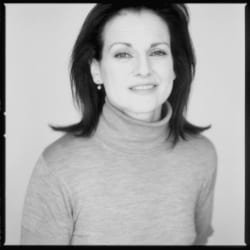
Field-Of-Study: Biography

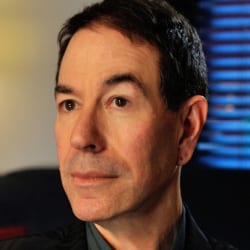

Thomas Travisano
Thomas Travisano’s current project, a new critical and cultural biography of Elizabeth Bishop, is a natural outgrowth of his ongoing curiosity about, and critical and scholarly engagement with, the writing, life, and worlds of the mid-twentieth-century American poet Elizabeth Bishop. His scholarly career has featured the publication of eight books and more than twenty-five articles,

Jennifer Homans
Jennifer Homans is the author of Apollo’s Angels: A History of Ballet (Random House, 2010), which was nominated for a National Book Critics Circle Award and named one of the top ten books of the year by the New York Times Book Review. She is the Dance Critic for The New Republic and has also

Terry Teachout
Terry Teachout is the drama critic of The Wall Street Journal, the critic-at-large of Commentary, and the author of “Sightings,” a biweekly column for the Friday Journal about the arts in America. He also writes about the arts on his blog, “About Last Night.” He is currently at work on Mood Indigo: A Life of
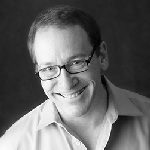
David J. Hancock
David Hancock is Professor of History at The University of Michigan in Ann Arbor, and Director of its Atlantic Studies Initiative. He teaches and researches on the history of Early America, the Atlantic World, the British Empire, and Business. A specialist on the long eighteenth century, he is the author of Citizens of the World:

Ruth Franklin
Ruth Franklin is a literary critic and senior editor at The New Republic, where she has been on staff since 1999. Her first book, A Thousand Darknesses: Lies and Truth in Holocaust Fiction, was a finalist for the 2012 Sami Rohr Prize in Jewish Literature and was cited by The Atlantic as “a towering work

T. J. Stiles
As a biographer, T. J. Stiles attempts to integrate scholarship with literary craft, in the best tradition of the form. He hopes to throw new light on American history, and also to capture the depth and complexity of individual lives in turbulent times. His first biography, Jesse James: Last Rebel of the Civil War, was

Richard Brookhiser
Richard Brookhiser is a senior editor for National Review, a position he has held since 1979, and was its managing editor from 1985 to 1987. National Review published his first effort at political reporting—an article on protests of the Vietnam War at his high school—in 1970, when he was only fifteen, and immediately on his
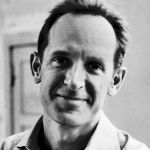
Charles Marsh
Charles Marsh is Professor of Religious Studies and Director of the Project on Lived Theology at the University of Virginia. He was born into a minister’s family in Mobile, Alabama, and grew up in small towns along the Gulf of Mexico. He attended the first integrated public schools in Mississippi and has spent much of

Zachary Leader
Zachary Leader is Professor of English Literature at Roehampton University in Great Britain, where he has resided for over thirty years, and a Fellow of the Royal Society of Literature. Before his appointment at Roehampton, he taught at Caltech and the University of Chicago. He was educated at Northwestern, Cambridge, and Harvard universities, and is the author of
Laura Dassow Walls
Laura Dassow Walls has been thinking about the intersections of literature and science since she was forced to choose between them in college, and she has been drawn to the visual arts as well, pursuing a brief career as a scientific illustrator at her home in Seattle, Washington, before returning to graduate school to take

Jed Perl
Jed Perl has been the art critic at The New Republic since 1994. Among his books are Eyewitness: Reports from an Art World in Crisis, Antoine’s Alphabet: Watteau and His World, and New Art City: Manhattan at Mid-Century, which was a 2005 New York Times Notable Book and a 2005 Atlantic Monthly Best Book of

Adam Begley
Adam Begley was born in Boston, Massachusetts, in 1959. He is at work on a biography of John Updike. From 1996 to 2009 he was the books editor of The New York Observer. He is the author, with Ed Sorel, of Certitude: A Profusely Illustrated Guide to Blockheads and Bullheads, Past and Present (Harmony, 2009).
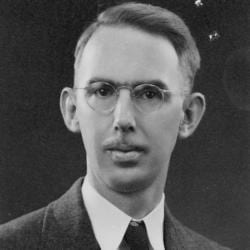
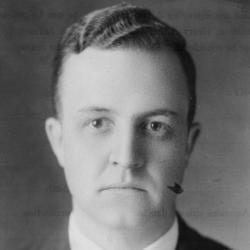
John Donald Wade
As published in the Foundation’s Report for 1926–27: Wade, John Donald: Appointed for certain researches, abroad, in connection with John Wesley, with emphasis upon his environment—both as affecting him and as affected by him—with the ultimate purpose of explaining something of the influence of Methodism upon the culture of the present; tenure, twelve months from